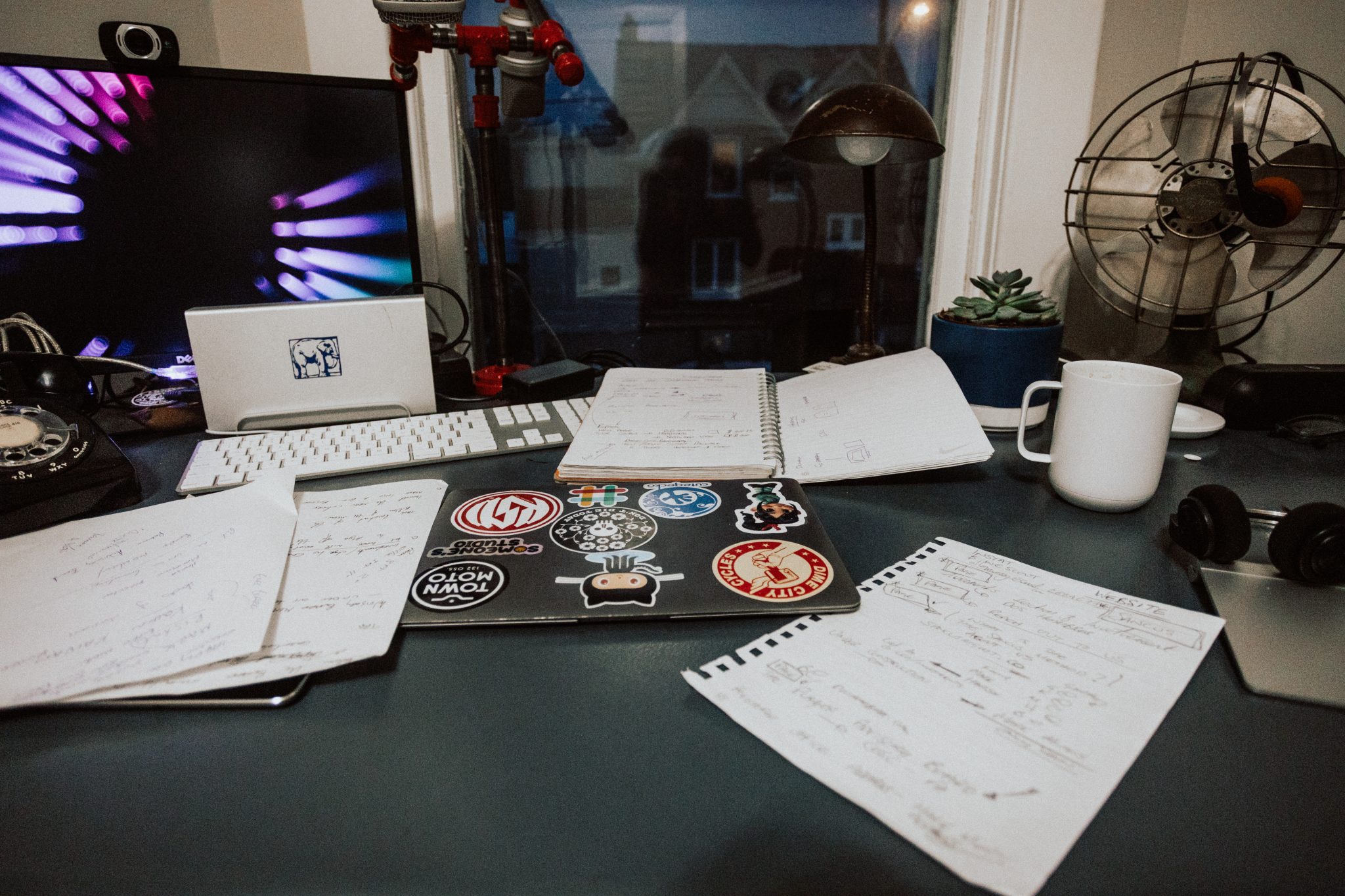Burnout has increased during the COVID-19 pandemic


Burnout is enough of a problem in a regular year, but amidst the COVID-19 pandemic—where workloads have increased and social interactions are few and far between—many may find that the burden is becoming increasingly difficult to handle.
Balancing school, work, extracurriculars and maintaining social connection can lead university students to feel fatigued, emotionally or mentally drained and overextended, especially when coupled with the stress of COVID-19.
About a year ago, seven out of 10 Canadian professionals reported feeling symptoms of burnout amid the pandemic. Now, it’s not unreasonable to assume that these symptoms have remained steadfast, or even increased.
Sarina Wheeler, manager of wellness education at Laurier, said in an email statement that the pandemic has “no doubt exacerbated burnout.”
“Burnout is a condition that can grow gradually, and it can be caused by overextending yourself until your mental, physical and emotional energy is depleted.”
“University already brings an assortment of challenges that can tax our coping skills if we’re not careful. Add in the extra anxiety the pandemic has caused, grief over all the experiences we missed out on this year, and the isolation from social distancing, and our reserves are at greater risk of being drained to the point of burnout,” Wheeler said in her statement.
It’s worth paying attention to our wellness and taking action before we feel we have completely burned out. A preventative, proactive mindset is key to preventing burnout.
Sarina Wheeler, manager of wellness education at Laurier
Wheeler also stated that burnout symptoms may be confused with depression symptoms.
“They can both leave you feeling exhausted and unhappy and downright terrible,” Wheeler said.
It’s important for students to be mindful of avoiding burnout by paying attention to the signs before they arise, yet this can be a challenge with the many assignments, responsibilities and due dates that the average student must adhere to.
In her statement, Wheeler said that burnout is easier to prevent than recover from.
“It’s worth paying attention to our wellness and taking action before we feel we have completely burned out,” Wheeler said. “A preventative, proactive mindset is key to preventing burnout.”
“You may be able to recognize it in yourself if you feel like [you] don’t have the capacity to deal with moderate challenges that you could have handled in the past, you have trouble regulating your stress response, you have difficulty sleeping and you’re feeling a reduced sense of accomplishment.”
When it comes to avoiding burnout, Wheeler recommended for students to:
Take a proactive approach and start by setting boundaries in all areas of your life to help keep you balanced. Think about what life stresses you can remove to make life easier for yourself. What can you say “no” to?
Prioritize time management. If you need help building those skills, check out the Study Skills workshops and coaching appointments.
Take care of your overall wellness with good sleep, nutrition and exercise habits to help you function at your best. There are many programs from the Wellness Education team to help you learn how to thrive like workshops and Peer Support.
Don’t hesitate to reach out for help. Reach out to friends and family and let them know you are struggling; lean on your support system. Professional help is here for you too. The Student Wellness Centres are open to all students, with educational programming, mental health professionals and medical services. Don’t wait until you are in crisis before asking for help; there are lots of services and resources to support you at Laurier.


